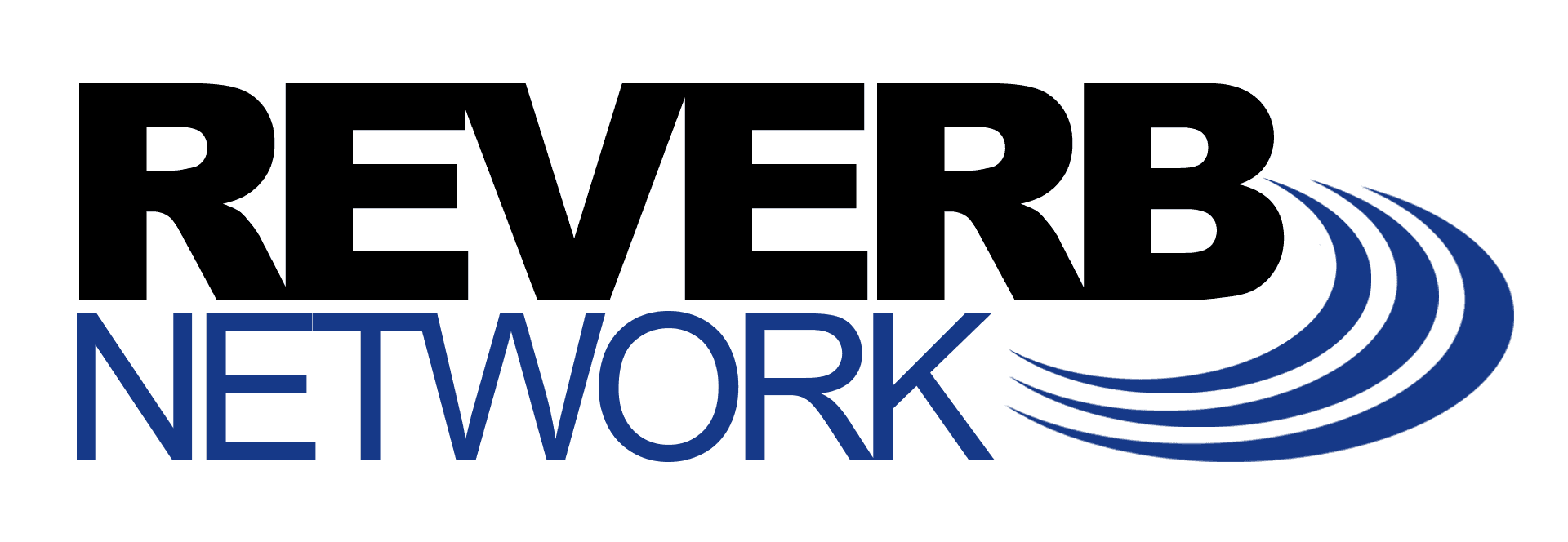Key Principles of Effective Leadership Development
Luke Kuepfer • June 12, 2020
To be successful in implementing an effective leadership development process, certain key principles and practices are critically important for organizations to adopt:
- Reproducibility, Intentionality, & Flexibility: An effective leadership development process must be reproducible, intentional, and flexible if it is to be used on a continuing basis to produce generations of future leaders. If too complex, it will not be replicated by new leaders. If too haphazard without any system or structure, good intentions will simply remain good intentions. And if the process is inflexible, any problems or challenges bound to come will derail the process.
- Modeling:
Senior leaders must set an example and model the behaviors they expect of others. It’s “do as I do,” not “do as I say.”
- Training, Coaching, & Mentoring:
No one is a successful leader unless they are developing successors. In fact, all leaders at every level should be responsible for developing more leaders. Effective organizations use a “just in time” model that teaches leaders what they need to know for their current level of leadership before training them on advanced subjects.
- Advancement based on Competence versus Seniority:
New leaders start at the lowest level and prove themselves before being advanced to a higher level of leadership. Basing advancement on seniority has the potential to breed entitlement, incompetence, and laziness.
[Next week we will look at some barriers to leadership development.]














